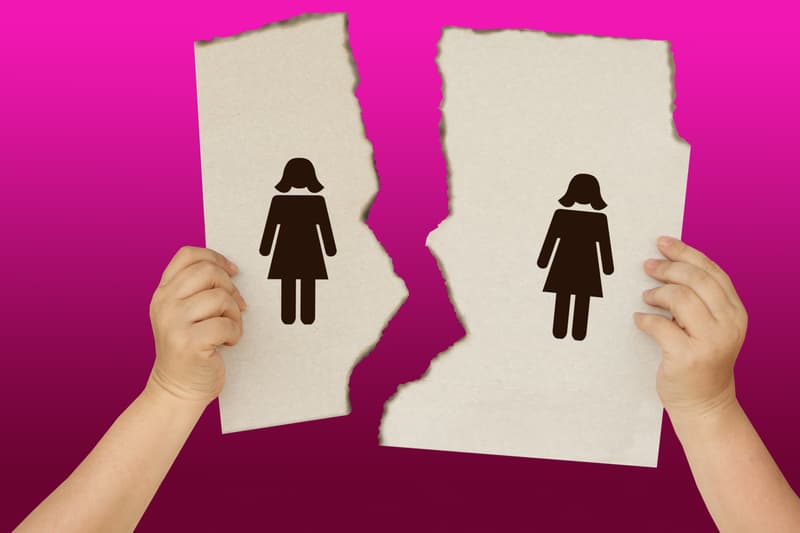Upholding Texas Marriage Ban, Court Discounts Baker
An interesting side-note to come from the Texas appellate ruling on August 31 denying a Texas gay couple the ability to get a divorce — see “Lone Star Slight” for more — was the way the court handled Baker v. Nelson, the 1972 U.S. Supreme Court decision that is often raised in marriage cases and was a topic of discussion at Justice Elena Kagan’s confirmation hearings.
The court introduced the case as such:
The State contends that appellee’s equal-protection challenge is completely foreclosed by the United States Supreme Court’s 1972 decision in Baker v. Nelson. That case began as a suit in Minnesota state court in which two men sued for the right to obtain a marriage license. Baker v. Nelson, 191 N.W.2d 185, 185 (Minn. 1971), dism’d, 409 U.S. 810 (1972). The [same-sex couple] argued that they were entitled to a marriage license under Minnesota law and, alternatively, that a law permitting only opposite-sex marriages denied them due process and equal protection. Id. at 185–86. The trial court denied relief, and the Minnesota Supreme Court affirmed. That court held that Minnesota law prohibited same-sex marriages and that this prohibition did not violate petitioners’ due-process and equal-protection rights. Id. at 185–87. On further appeal to the United States Supreme Court, the Court dismissed the appeal “for want of a substantial federal question.” 409 U.S. at 810. The State argues that this dismissal constituted a rejection of the petitioners’ equal-protection claim on the merits. Because there is no Supreme Court precedent overruling Baker, the State concludes, we must reject appellee’s equal-protection claim. Appellee [same-sex couple] makes several arguments in response. He distinguishes Baker because it involved an application for a marriage license, while his claim involves a request for a divorce. And he contends that Baker has been “fatally undermined” by subsequent cases.
Then, the court noted:
A summary disposition by the Supreme Court has very narrow precedential effect. Specifically, that precedential effect “can extend no farther than the precise issues presented and necessarily decided by” the Court’s action. Thus, a summary disposition has “considerably less precedential value than an opinion on the merits.” [Citations omitted.]
Finally, the court concluded:
The issue presented in this case is distinguishable from the precise issues presented to and decided by the Supreme Court in Baker. …
[T]he Baker appellants argued that the Constitution compelled Minnesota to grant them a marriage license and treat them as a married couple from then on. In the instant case, by contrast, appellee does not complain of Texas’s refusal to recognize his marriage to H.B. on a going-forward basis. His complaint is that Texas law relegates him to a declaration of voidness, when a party to an opposite-sex marriage in otherwise similar circumstances would be entitled to a divorce.
Baker is certainly relevant because it reaffirms the states’ preeminent role in the area of family law, and we accord Baker appropriate weight in our analysis of the equal-protection issue. But because Baker is distinguishable, we conclude that it does not control the disposition of the equal-protection issue presented in this case.
The handling of Baker by this particular court is worthy of note in light of the court’s otherwise dismissive handling of most of the same-sex couple’s other claims.
Support Metro Weekly’s Journalism
These are challenging times for news organizations. And yet it’s crucial we stay active and provide vital resources and information to both our local readers and the world. So won’t you please take a moment and consider supporting Metro Weekly with a membership? For as little as $5 a month, you can help ensure Metro Weekly magazine and MetroWeekly.com remain free, viable resources as we provide the best, most diverse, culturally-resonant LGBTQ coverage in both the D.C. region and around the world. Memberships come with exclusive perks and discounts, your own personal digital delivery of each week’s magazine (and an archive), access to our Member's Lounge when it launches this fall, and exclusive members-only items like Metro Weekly Membership Mugs and Tote Bags! Check out all our membership levels here and please join us today!





















